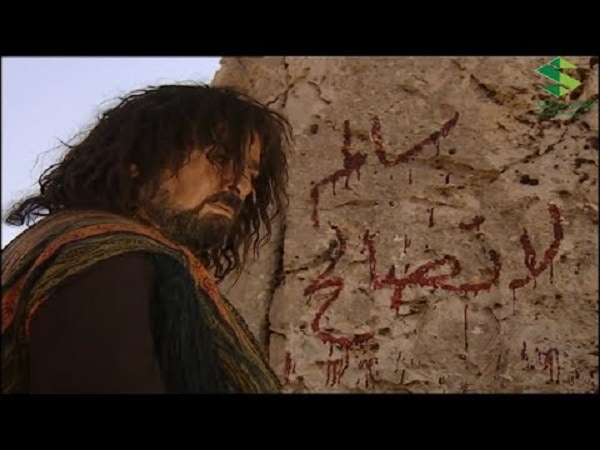A dispute can, all too often, escalate into a diplomatic crisis or a bloody war. Even if the initial cause was petty, once the violence starts, it is hard to stop. A great example of that is a dispute over an injured camel in fifth century Arabia, that escalated into a tribal war that lasted for forty years. Below are twenty five things about that and other odd dispute and war causes from history.

ADVERTISEMENT - CONTINUE READING BELOW
Dispute Over a Camel Sparked a 40 Year Tribal War
Kulayb ibn Rabiah (440 – 494) was chieftain of the Arab Taghlib tribe in the pre-Islamic era. A celebrated warrior, Kulayb was infamous for his pride (or arrogance) and fondness for asserting his dominance over others. At pain of death, none could graze their camels, water their flocks, or hunt in any land claimed by him without his permission. While others defined their territory with physical markers, Kulayb wanted to be different. His first name, which means “doggie”, was a nickname bestowed because of a little dog he kept in front of his tent. He defined his territory by the radius of the sound of its barking. If you could hear Kulayb’s dog, you were in his territory. His followers ate up Kulayb’s exaggerated machismo, but others were not so thrilled.

ADVERTISEMENT - CONTINUE READING BELOW
Kulayb’s wife was Jalilah bint Murah, a beauty from the Bakr tribe, with whom the Taghlibs traded and sometimes raided. He asked if she knew of a prouder man than him. She replied that she did: her brother, Jassas. Kulayb didn’t like that, and decided to punk his brother-in-law. Jalilah’s aunt, Al Basus, had a favorite camel that accidentally wandered into Kulayb’s grazing lands Kulayb. So he shot and wounded it with an arrow. In response, Basus raised a fuss, and berated her nephew Jassas for allowing his aunt and the Bakr tribe to endure such an insult. Stung, Jassas stabbed Kulayb with a spear, and mortally wounded him. The dying Kulayb wrote a message on a rock with his blood, demanding vengeance. The result was the Basus War between the Taghlib and Bakr tribes, which lasted for forty years.

